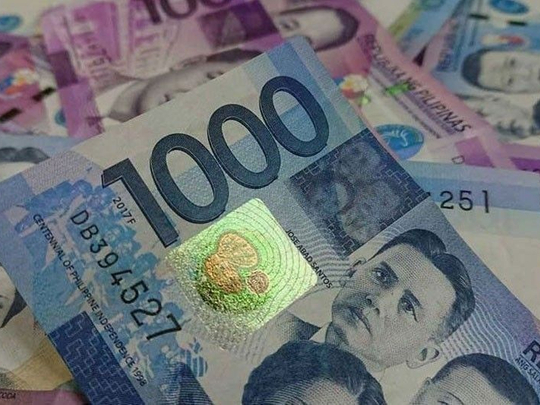
Manila: The Philippines’ loose law against money laundering and strict deposit secrecy rules risk isolating its banks from the global financial system, according to the president of the nation’s largest group of lenders.
“The combination of both tends to invite bad money in,” Cezar Consing, president of the Bankers Association of the Philippines, said in an interview at his office in Manila.
A reputation for being a dirty-money haven may lead to local lenders “losing their connectedness with the world,” said Consing, 60, who is also president and chief executive officer of Bank of the Philippine Islands, the nation’s fourth-largest lender by assets.
The Philippines must pass tougher anti-money laundering rules by October or risk being placed on a global monitoring list for countries with weak controls. That would mean restrictions on international banking transactions for Philippine citizens and companies.
Westpac case
BPI’s recent probe into fund transfers made through Australian partner Westpac Banking Corp also points to the need for better coordination between financial institutions, Consing said. Westpac was last year blamed for Australia’s worst-ever money laundering breach after millions of cash remittances were funnelled to Southeast Asian countries, with some of the transfers allegedly going to child pornographers.
“The problem is there hasn’t been any information sharing from Westpac or Australian authorities,” he said. “They’ve kept it to themselves.”
Banking policy must also keep up with the fast pace of technological changes to keep cybercrime at bay and protect customers, Consing said. “Public interest is becoming a more important issue for us,” he said.
Since taking BPI’s top post in 2013, Consing has weathered a social media storm after the bank’s online services broke down and showed inaccurate customer-account balances almost three years ago.












